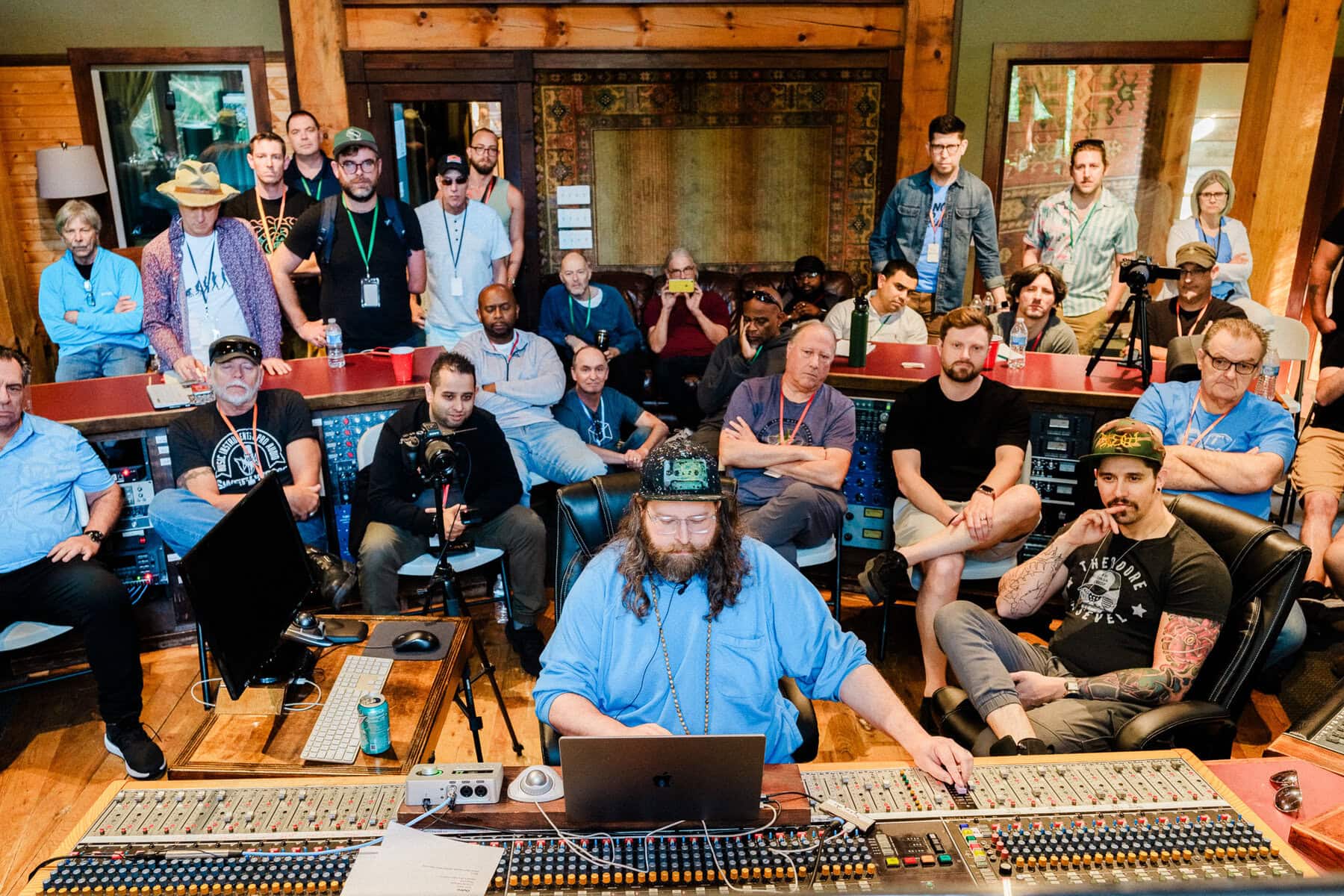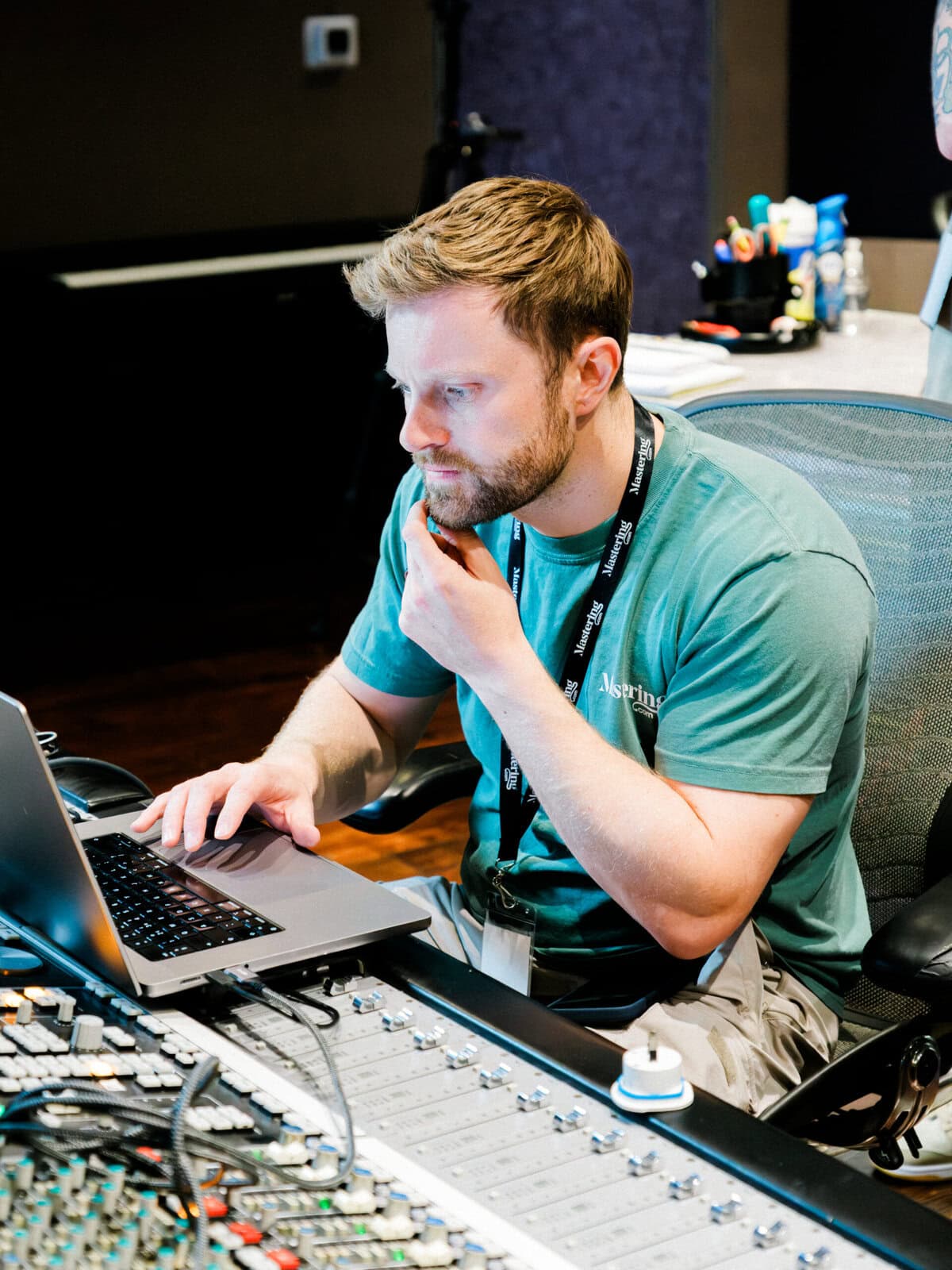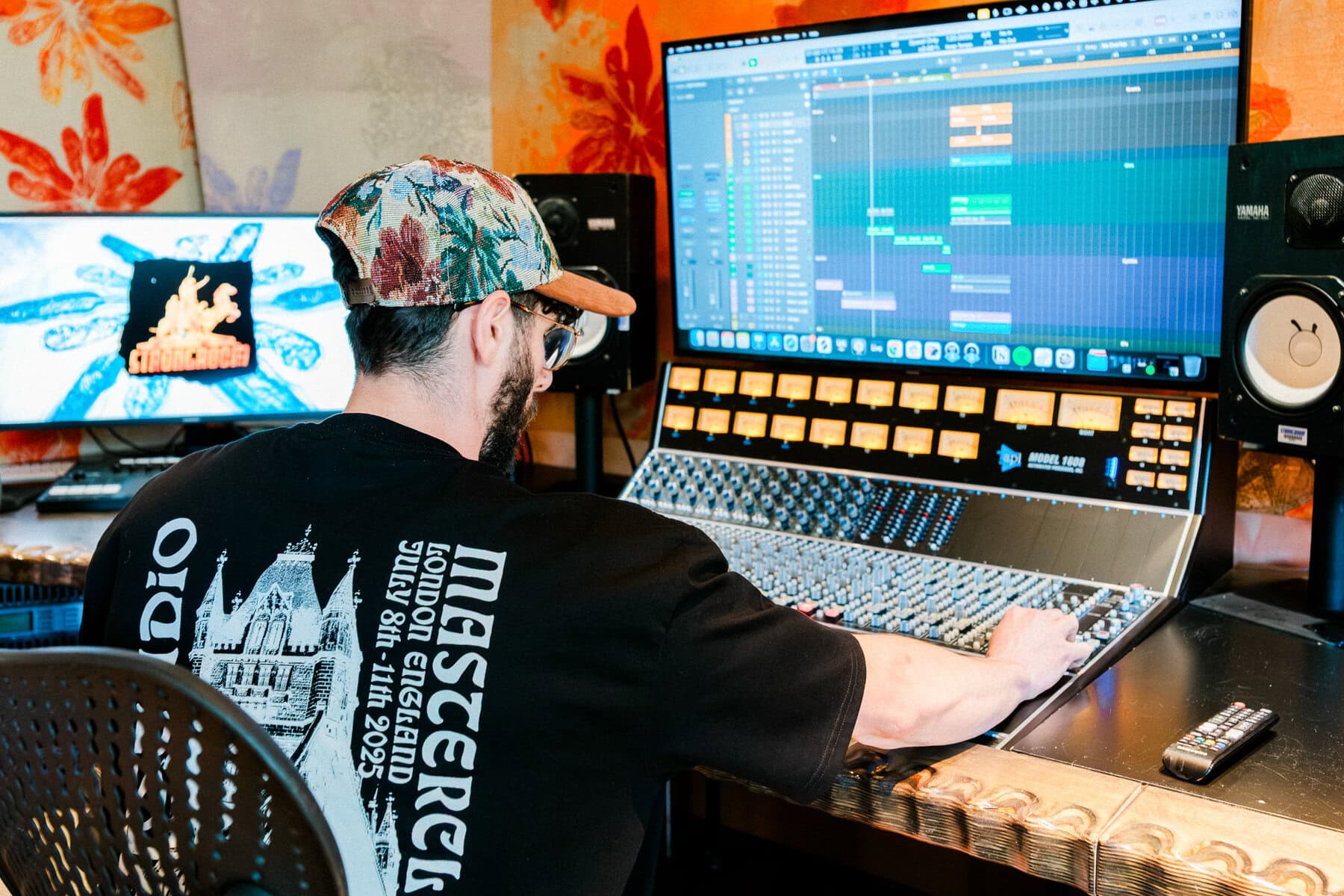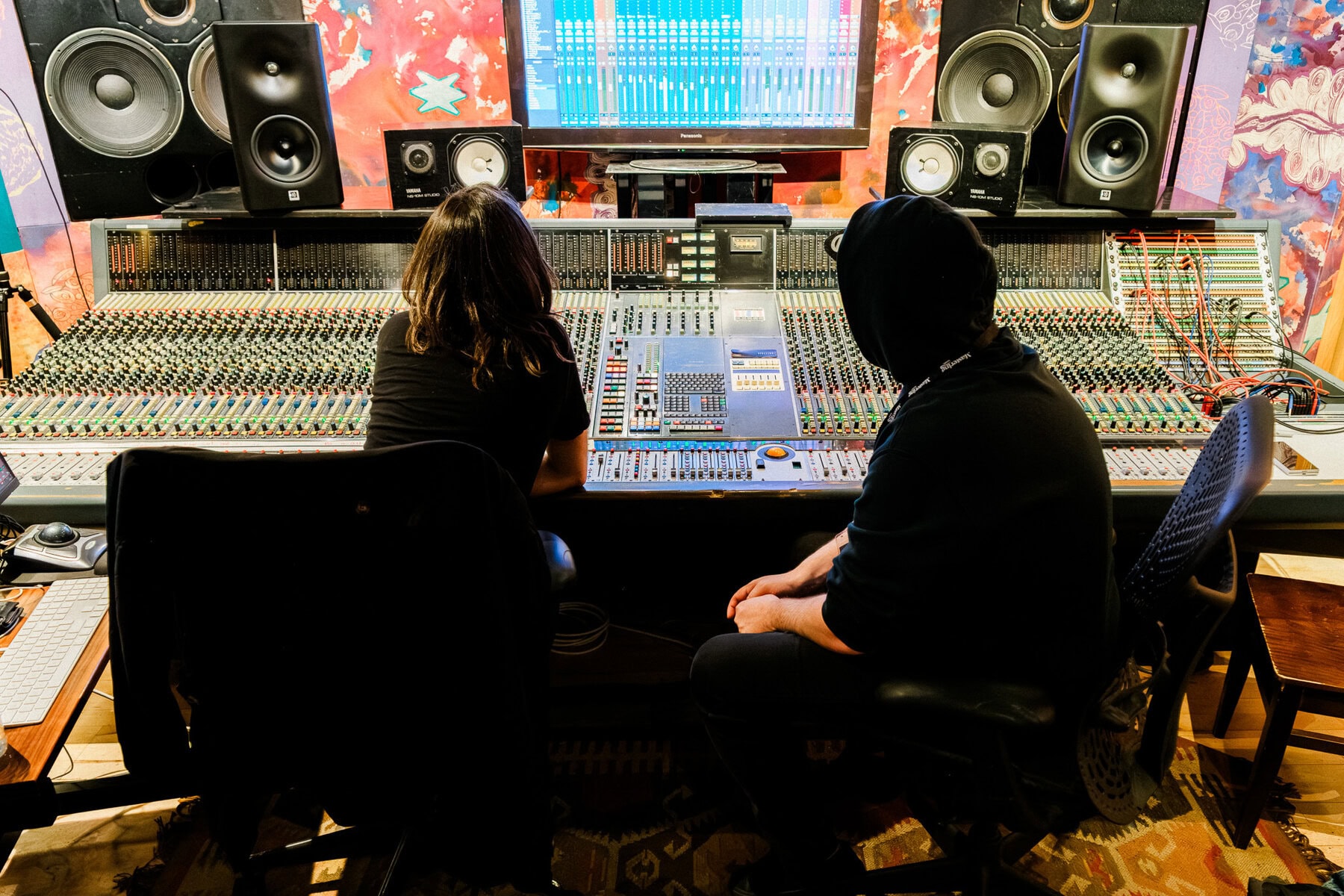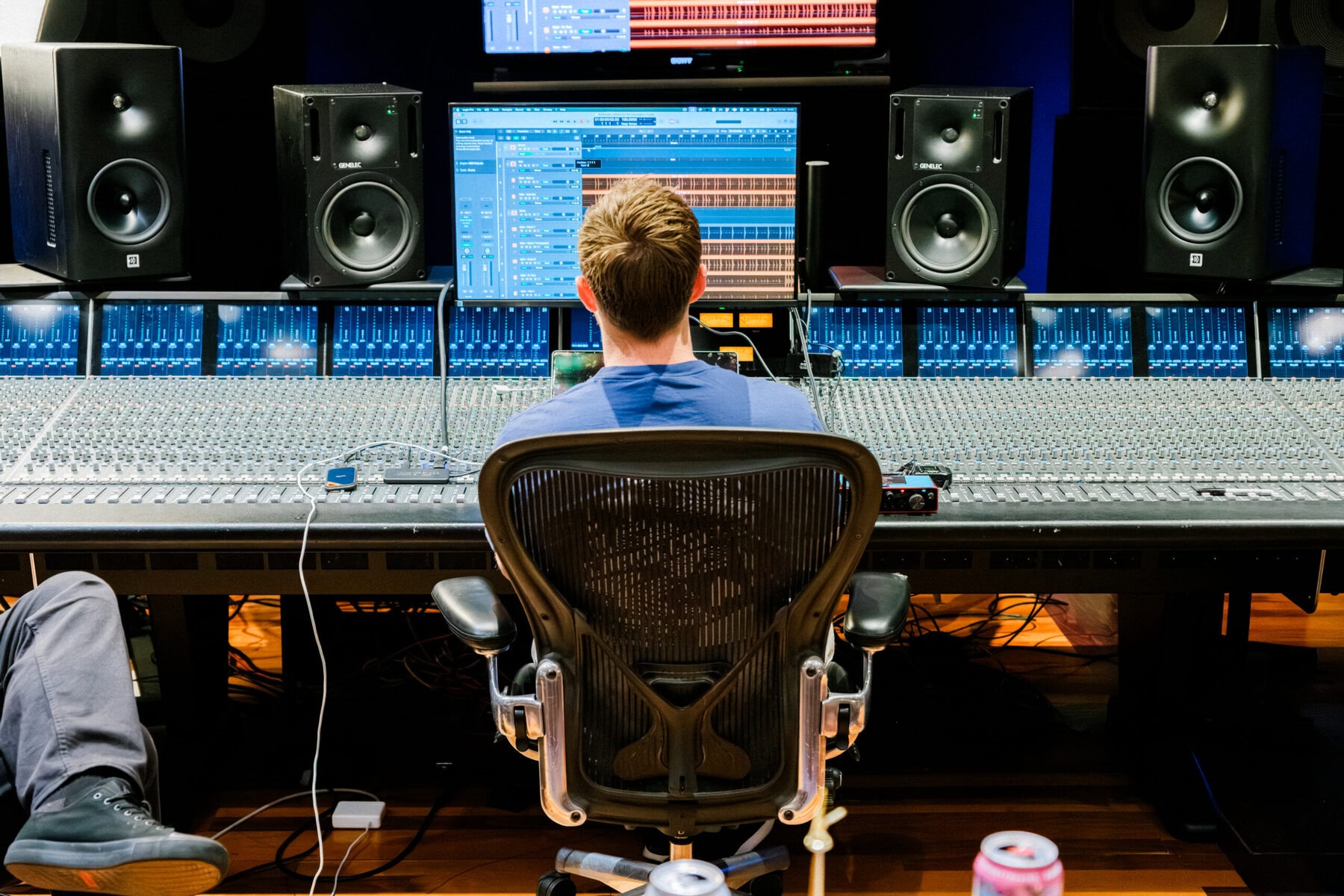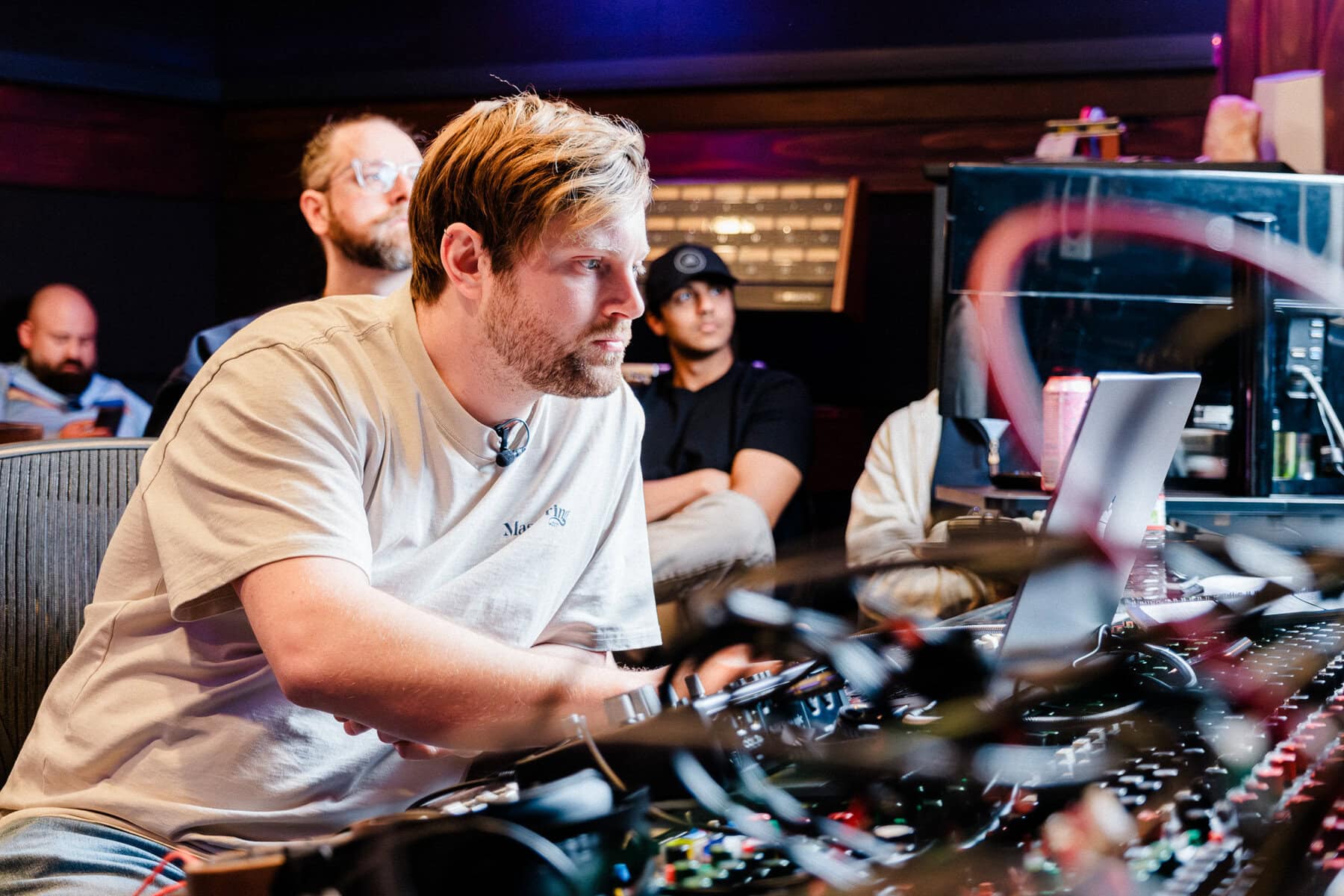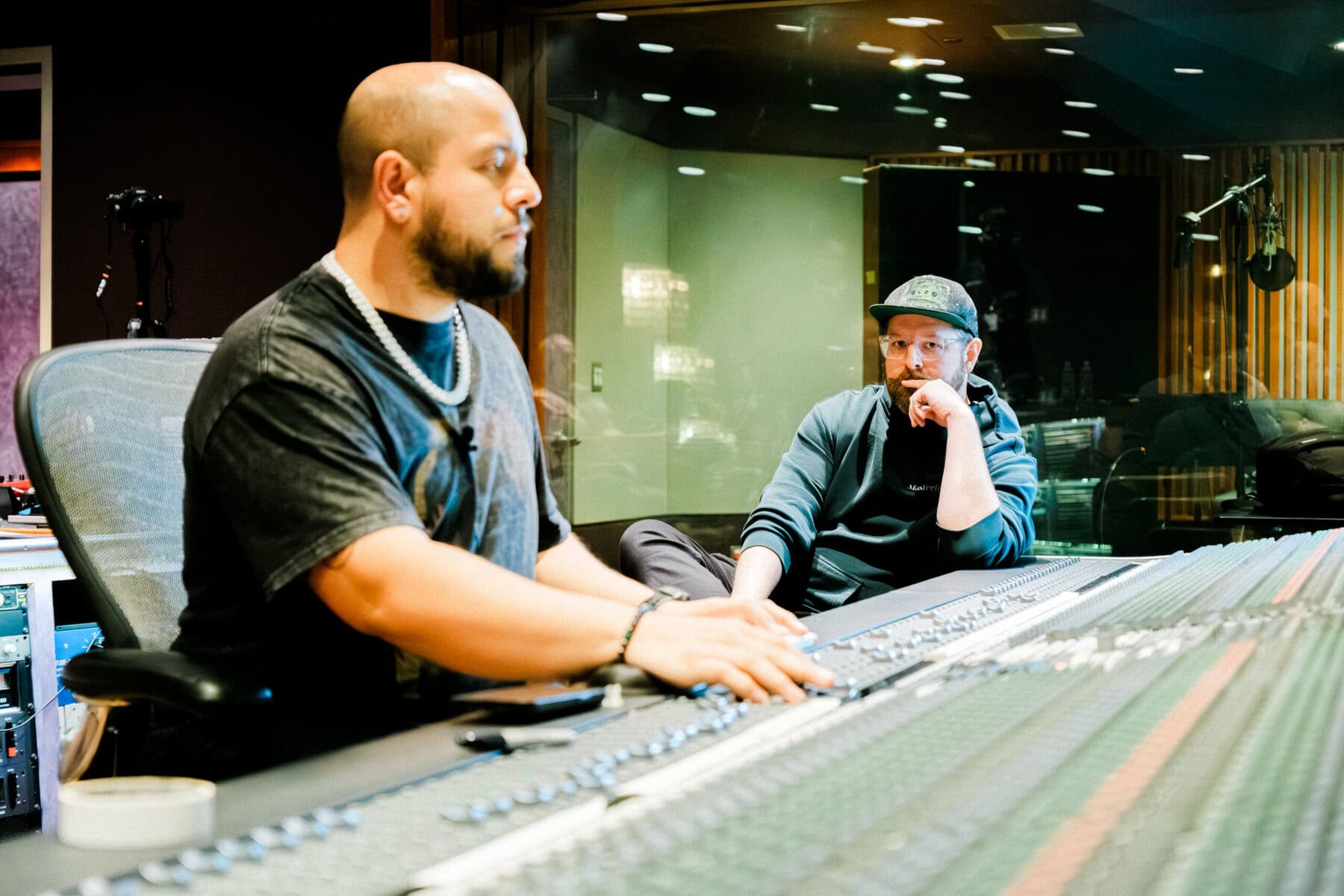Embarking on a career as an audio engineer or producer is not just about honing your technical skills and nurturing your creative flair. Equally important is navigating the financial aspects of the profession. Understanding how to manage finances, communicate about fees, protect your interests, and maintain client relationships is key to building a successful and sustainable career. This will guide you through these financial nuances, from setting rates to ensuring fair compensation.
Open and Clear Communication About Fees
The foundation of a healthy professional relationship is clear communication, especially when it comes to finances. Be upfront about your rates and what they include. Transparency helps set expectations and prevents misunderstandings later on. When discussing projects, provide detailed quotes and be ready to explain what each element of your service entails.
Protecting Yourself Financially
As a service provider, protecting your financial interests is crucial. One effective strategy is to collect a portion of the fee upfront. This practice, often referred to as taking a deposit, not only secures a commitment from your client but also provides you with some financial stability regardless of the project’s outcome. A standard approach is to ask for 50% of the total fee upfront and the remainder upon completion.
Consideration for Clients
While it’s important to safeguard your financial interests, being considerate of your clients’ budgets can foster long-term relationships. Understand that not all clients will have the same financial capabilities. Offering flexible payment plans or tiered service options can accommodate a broader range of clients without compromising your worth.

Setting Your Rates
Determining what to charge can be daunting. Rates vary widely depending on factors like geographical location, experience, and the specific services offered. As of the current market, average rates for mastering can range from $50 to $150 per track, mixing can be anywhere from $200 to $800 per track, and full production rates can vary significantly based on the project scope. I would say, $1000 to $3000 per track is common for a production process with indie or B-list artists. It’s important to assess the workload required to complete a project. How many tracks does the mix have? What kind of production will it be? Will I need to hire other musicians? These are all factors that can inform what you should charge.
Collecting Payments
Be proactive in collecting payments upon project completion. If you’re working remotely, consider using online payment platforms that are convenient for both you and your clients. In cases of delayed payments, maintain a professional demeanor and send polite but firm reminders.
Offering Discounts to Encourage Repeat Business
Another financial strategy worth considering is offering discounts to incentivize repeat business from clients. Building a loyal client base is crucial for long-term success in the audio engineering and production industry. One way to foster this loyalty is by providing incentives for clients to return for future projects. Consider offering a percentage off their next project or a special package deal for multiple tracks. This not only shows appreciation for their continued business but also encourages them to choose your services again. However, it’s important to balance this approach so that it does not devalue your work. Ensure that any discounts offered are sustainable for your business and don’t compromise the quality of your services. By smartly structuring these discounts, you can create a win-win situation where clients feel valued and are more likely to come back, and you maintain a steady stream of work.
Conclusion:
Managing the financial side of being an audio engineer or producer is as crucial as the creative side. By maintaining transparent communication, protecting your interests, being considerate of your clients, setting fair rates, and efficiently handling payments, you can build a financially sound and rewarding career. Remember, your skills and time are valuable, and getting the financial aspect right is key to respecting your worth and sustaining your passion for audio engineering and production.



